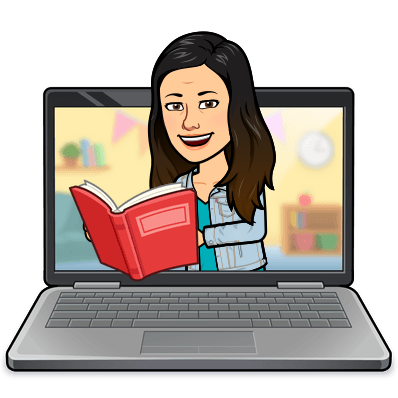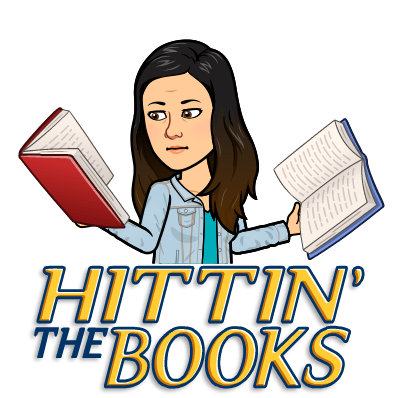- High Schools
- Tips for Success in North Star Science
- Studying and Review
-
Studying & Review
 One of the really great things about the North Star curriculum, is the opportunity to individualize your learning.
One of the really great things about the North Star curriculum, is the opportunity to individualize your learning.Individualized Learning means that students have the opportunity to tailor their education to suit their own needs as a learner.
Q: Are tests open book/ resource and open note?
A: Technically, yes.
- Please keep in mind that it is NEVER OK to search for assessment questions in an internet browser. Please limit your resources to those provided in the curriculum. Students found to be using unapproved sources are in violation of the North Star Academic Integrity policy, and will be subjected to consequences, including the possibility of earning a 0 on the assignment without the opportunity to resubmit, and a parent conference.
- If you need to rely entirely on resources to answer the questions, you should reevaluate your study habits because this indicates a lack of learning retention.
Learning Retention is the process by which new information is transferred from our short term to our long-term memory. In other words, it’s all about making new knowledge stick.
Q: Should I study for tests/assessments?
A: Absolutely, yes.
------------------
Studying Tips and Tricks

In online learning, it's possible to score well on your assessments without really retaining the information that you're supposed to be learning. This usually happens when students are overly dependent on available resources during assessments. As an analogy, if a bird is never forced to flap his wings, he will never learn to fly.
Studying is a VITAL component of Learning Retention.
What does studying look like in online learning? The answer will be a little different for each student, but here are some suggestions.
- Take good notes while you are doing your work.
- Use the Guided Notes worksheets provided in the curriculum
- Keep your notes organized in your own notebook
- Type notes into the e-Notes feature within the curriculum
- Review your notes and practice activities nightly by rereading them.
- Turn vocabulary words into flash cards and quiz yourself on the meanings.
- Discuss things you learned about with your family/friends. Being able to explain concepts to someone else is a great sign of understanding and learning retention! (...and makes for great dinner table conversation!)
- Work practice problems out on your own paper. It's not enough to see someone else do one, or to read through the steps in the book. Your brain needs to work through things in order to make long-term memories and facilitate learning.
- Try taking all assessments WITHOUT accessing resources first. Make notes on concepts you're struggling with so you can review those before trying the questions again. If you find that you can't answer most of the questions without help from approved resources, you are probably not retaining the information you're learning, and may need to utilize different strategies when you're working in your lessons.
- Make time for studying!
- Do a little every night.
- Use scheduled "Review" lesson days to commit time and energy to reviewing your notes. Don't just check off the lesson and move on to the associated assessment. This time is factored in to help your learning retention. Put it to good use!

